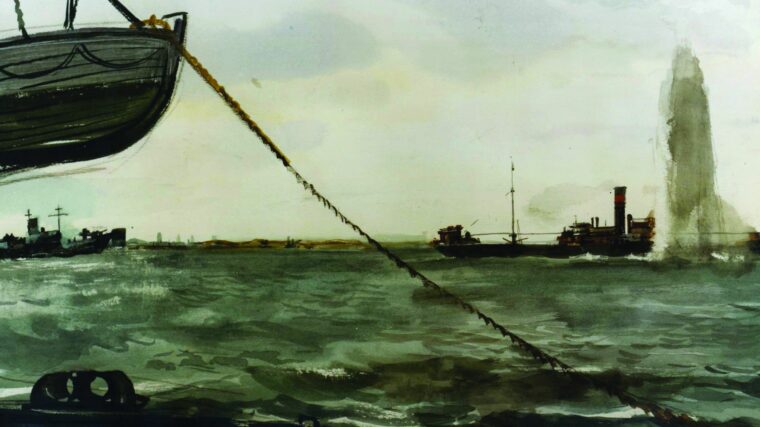
wehrmacht
The Soviet Dunkirk: The Tallinn Offensive
By Victor J. KamenirEarly in World War II, a bitter joke circulated within the Soviet military. It ran, “What is the first thing Russia does when war is declared? Read more

wehrmacht
Early in World War II, a bitter joke circulated within the Soviet military. It ran, “What is the first thing Russia does when war is declared? Read more
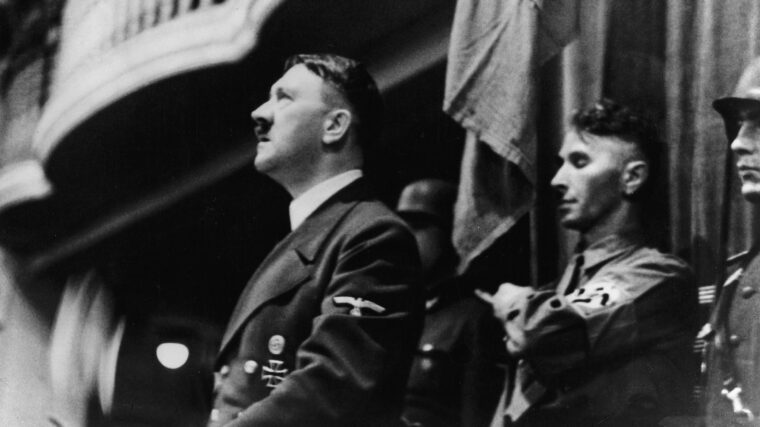
wehrmacht
At exactly 8 PM on November 8, 1939, German Chancellor Adolf Hitler strode briskly into Munich’s Burgerbraukeller beer hall at the head of his glowering entourage, brushing past a forest of hands raised in the Nazi salute. Read more
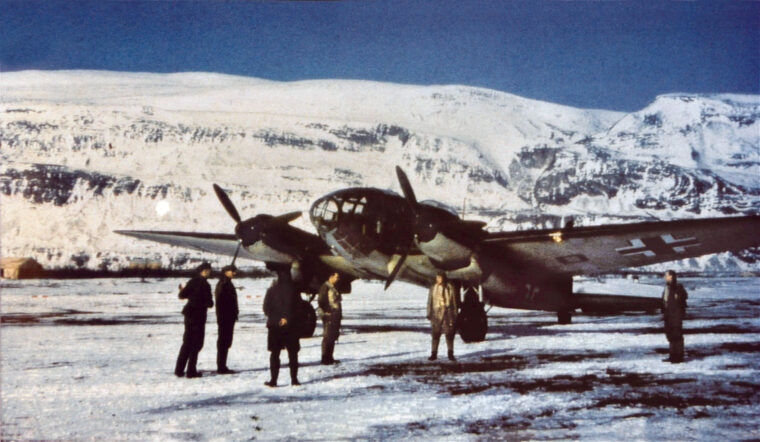
wehrmacht
The fundamental pillars of war—strategy and tactics— inevitably depend on an imponderable and uncontrollable factor: the weather. With the increasing sophistication of weather data gathering, analysis, and forecasting in the early 20th century, predicting the weather became an integral part of World War II. Read more
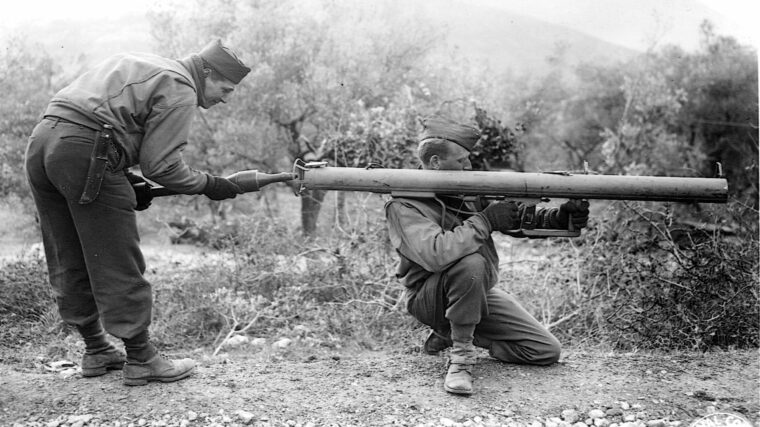
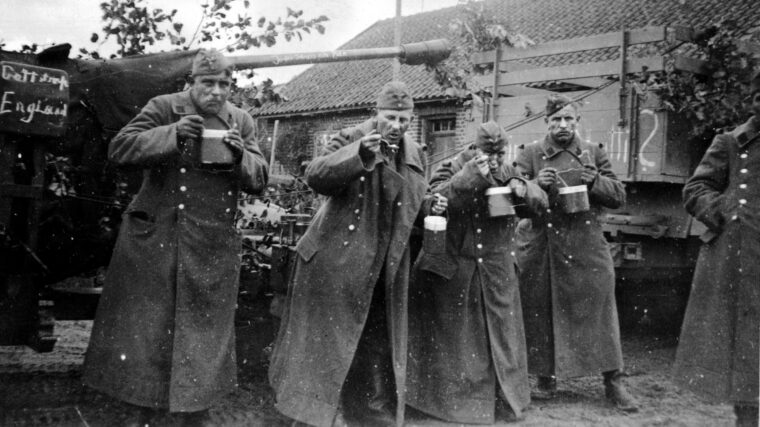
wehrmacht
It was Napoleon Bonaparte who purportedly said, “An army travels on its stomach.” Toward the goal of feeding his particular army’s stomach more efficiently, in 1795 the French general came up with an interesting solution to the problem. Read more
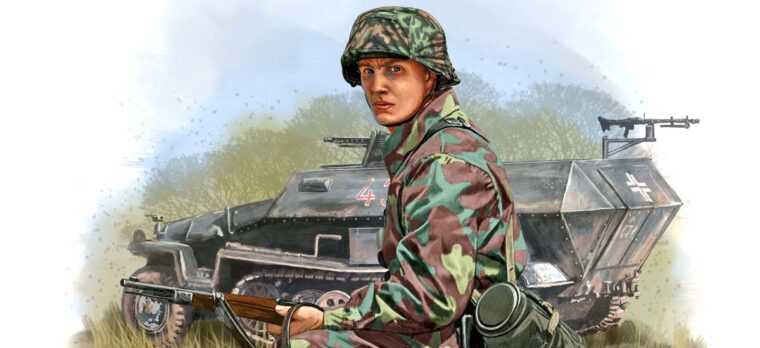
wehrmacht
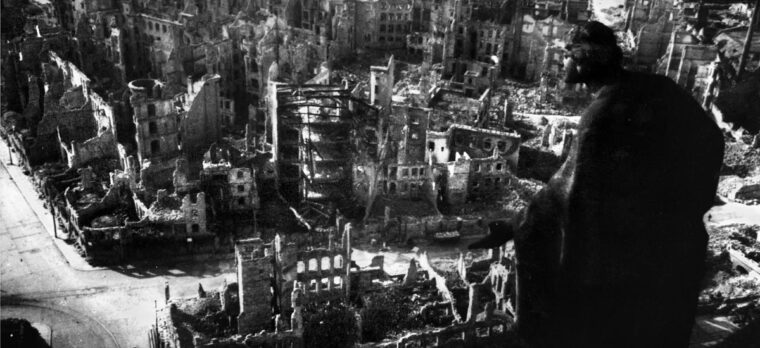
wehrmacht
It was February 1945, and the Bombing of Dresden had yet to commence. At this point in the war, the citizens of the capital of the German state of Saxony were beginning to think that they were living a charmed life. Read more
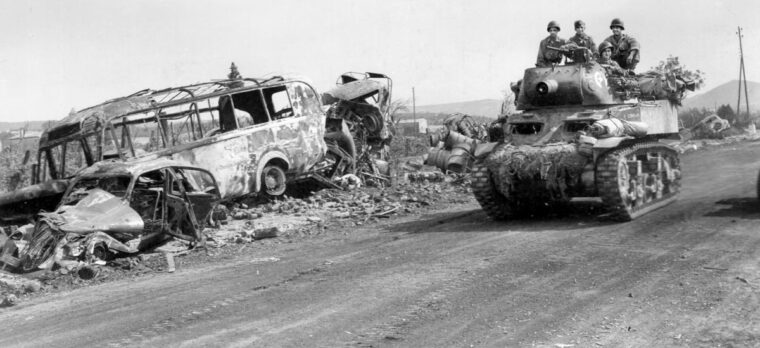
wehrmacht
“This was war deluxe,” observed Brig. Gen. Frederic B. Butler as his command car entered the French village of Quincon during Operation Dragoon, the Allied invasion of France in the country’s southern region, in August 1944. Read more
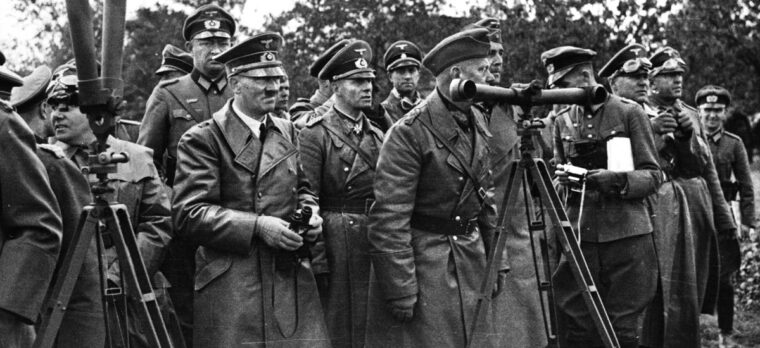
wehrmacht
By Christopher Miskimon
Historians often compare Adolf Hitler to a gambler. He kept making risky bets that paid off time and again—until they didn’t. Read more
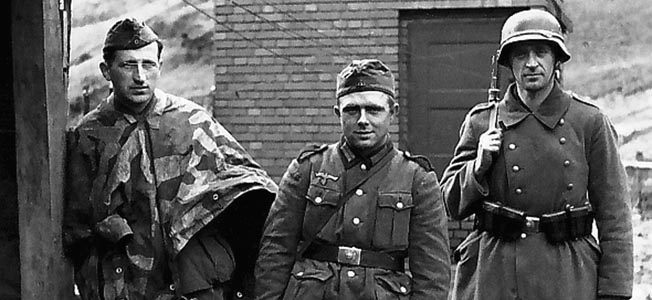
wehrmacht
The evolution of Third Reich uniforms followed from a long history of European uniforms in general and Imperial German uniforms in particular. Read more
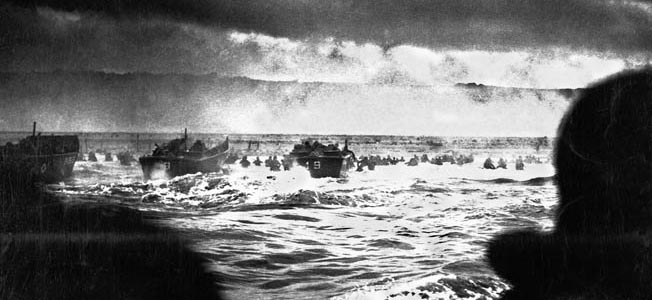
wehrmacht
The largest amphibious invasion in history began on the night of June 5-6, with the roar of C-47 engines preparing to take off , and climaxed on the beaches of Normandy. Read more
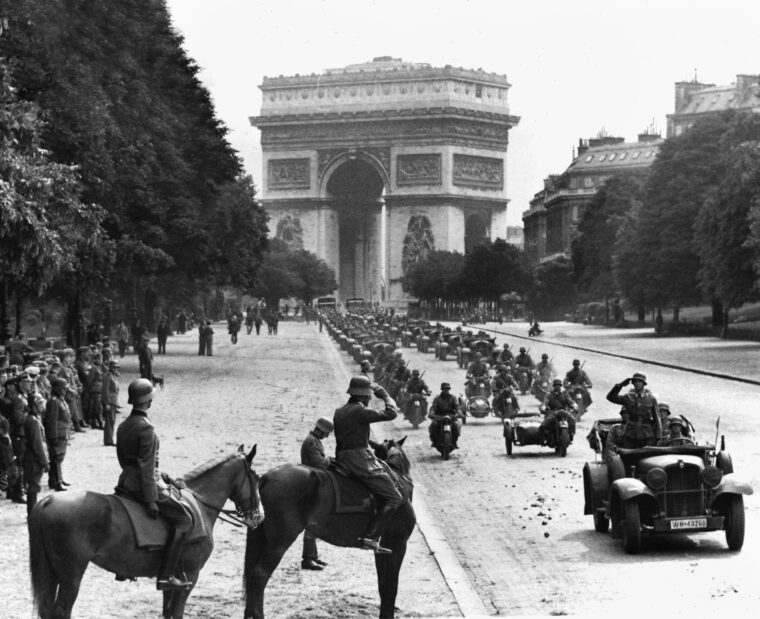
wehrmacht
Early in June 1940, refugees from northern France and the low Countries who had flooded Paris in May fled with the residents of the city as the German advance neared. Read more
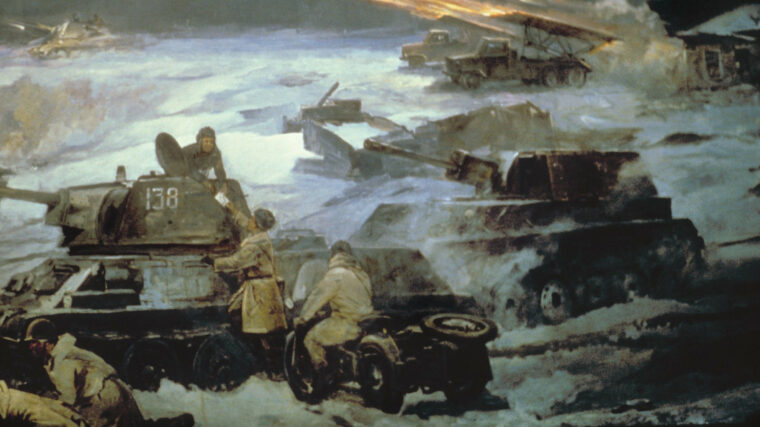
wehrmacht
The area between the Baltic Sea and the Carpathian Mountains had been relatively quiet since the end of Operation Bagration late in the summer of 1944. Read more
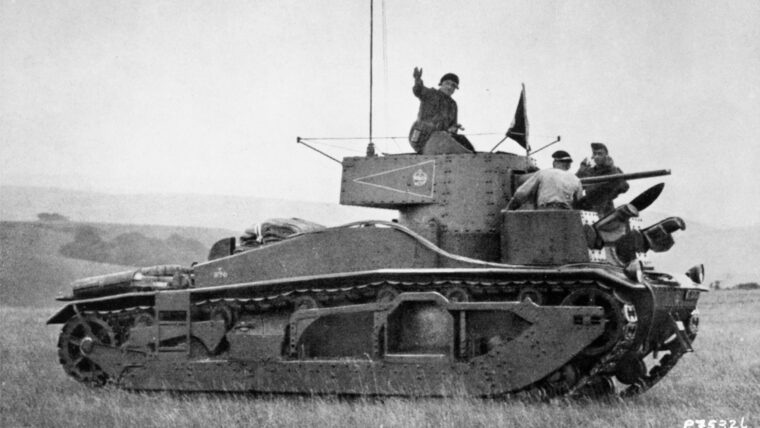
wehrmacht
An army that will be poised for victory requires élan, military intellect, a penchant for tactical and strategic innovation, and the zeal to use the most qualified individuals for training and leadership. Read more
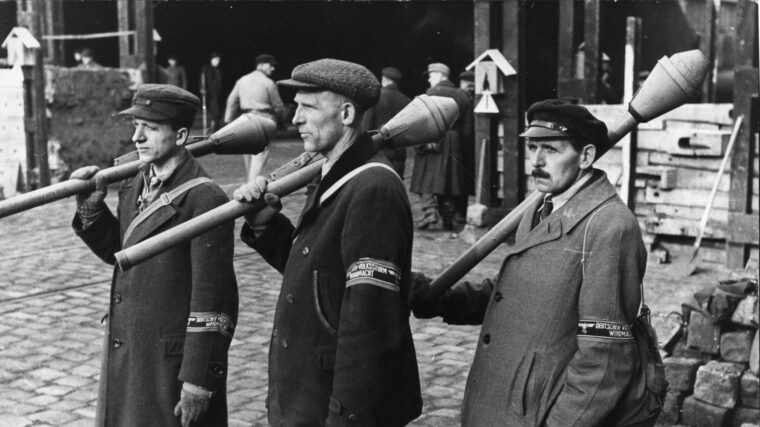
wehrmacht
On October 18, 1944—the 131st anniversary of the Battle of the Nations’ victory over Napoleon in 1813—Reichsführer-SS (National Leader) Heinrich Himmler stepped up to a microphone to make a national radio address announcing the formation of the Nazi Party-controlled Volkssturm, or People’s Militia. Read more
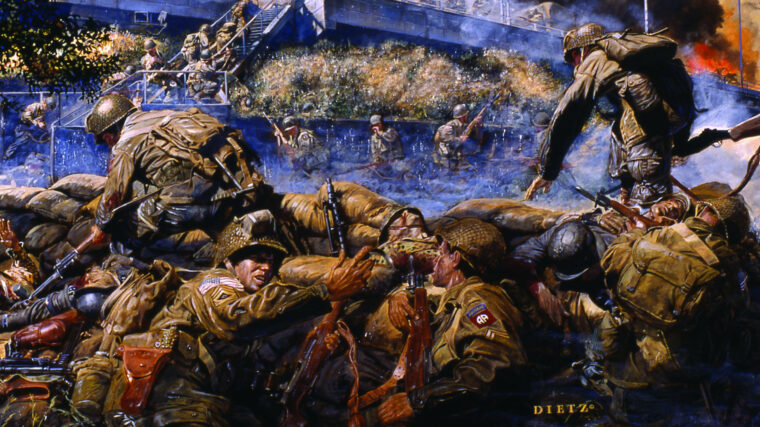
wehrmacht
The city of Nijmegen, in the southeastern part of Holland and about six miles from the Dutch-German border, is believed to be Holland’s oldest city, going back some 2,000 years. Read more

wehrmacht
The Japanese superbattleship Musashi was steaming east along with a fleet of other battleships, cruisers, and destroyers on their way toward what was expected to be a climactic battle at Leyte Gulf. Read more
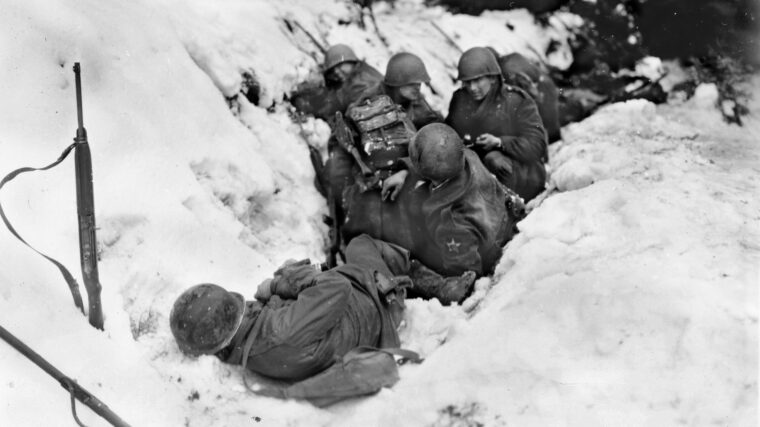
wehrmacht
Technical Sergeant Clyde Dugan flattened as another string of mortar shells ravaged the barren field. Pristine snow vomited fire and steel as chunks of frozen earth rocketed skyward then plunged to pelt his shoulders or clatter loudly on his helmet. Read more
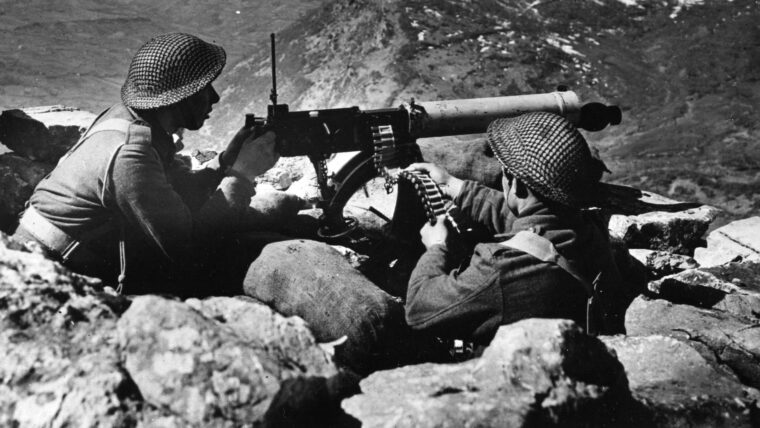
wehrmacht
Despite the Nazi conquest of European nations during World War II, individual soldiers from the occupied countries rose again to fight the German Army, and the largest army in exile to fight the Germans was Polish. Read more
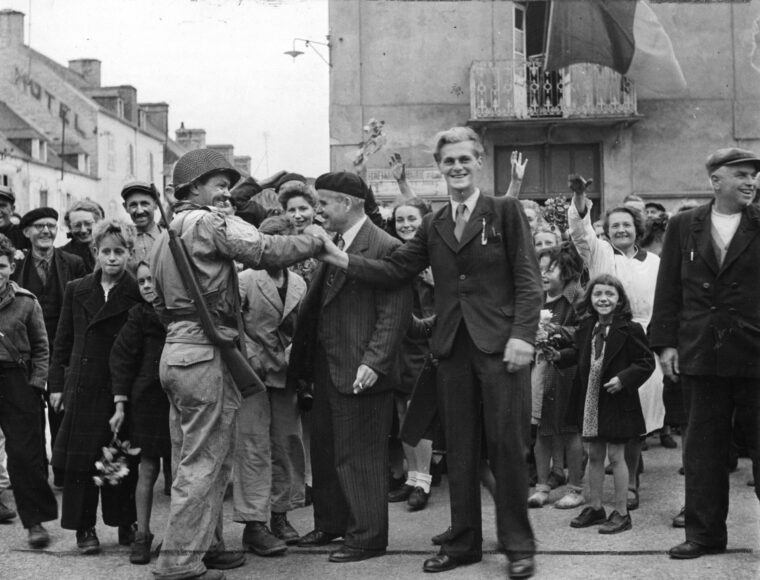
wehrmacht
The Germans were gone. After more than four years of occupation, the soldiers of the Wehrmacht had been evicted from France’s Normandy region by the American and British armies. Read more